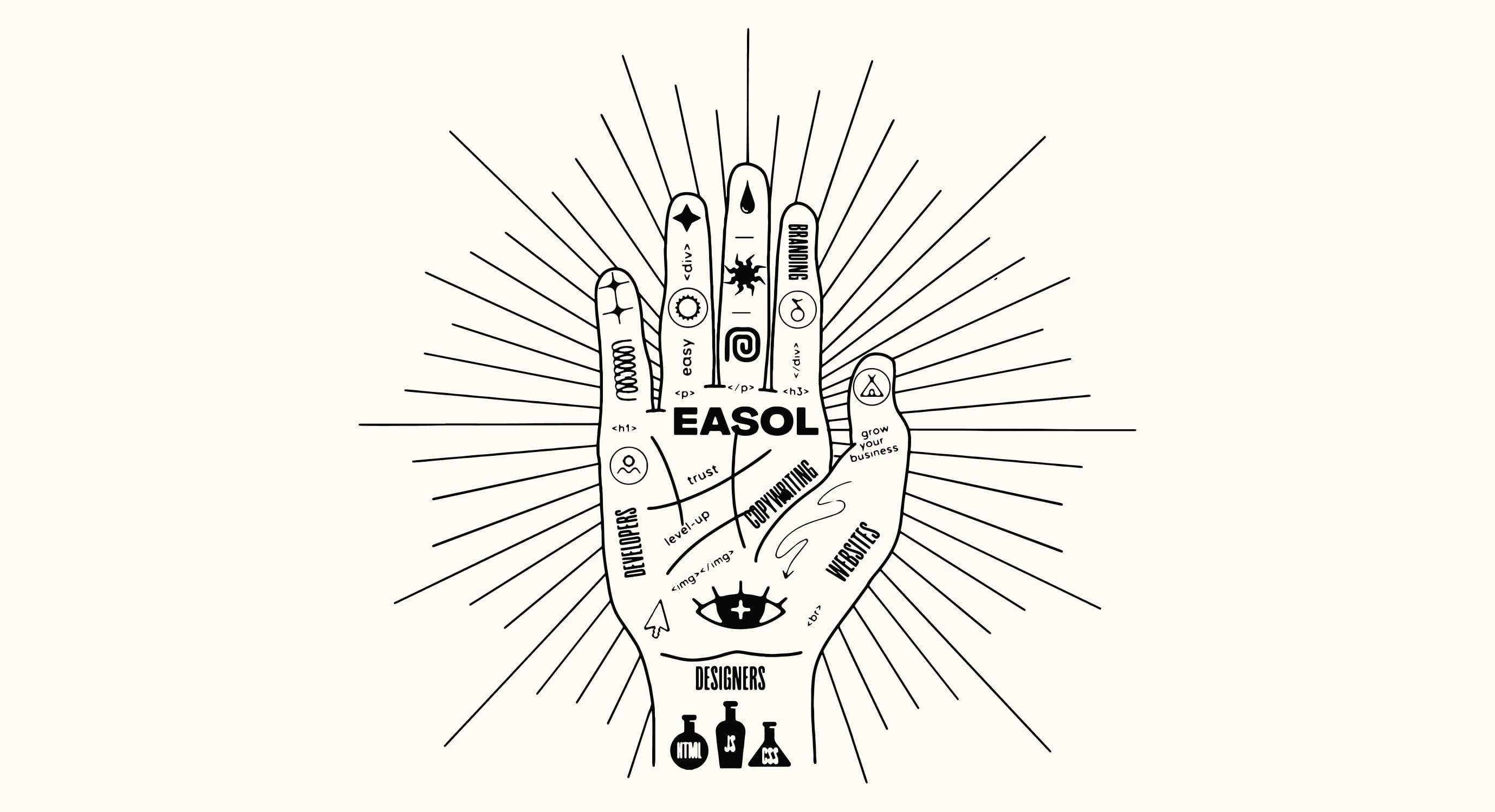Introducing Easol Partners
No one knows your experience business better than you do, but it’s hard to be an expert on everything that goes into building and launching a website.
With our new Easol Partner Directory, you can find approved, independent freelancers and agencies to upgrade your brand and launch your new website. From branding and web design to development, there’s a Partner out there for every stage of the website creation process. Our Partner Directory enables you to:
1. Save time and focus on what you do best
It’s tough to dedicate the time and energy needed to build a website while managing your experience business at the same time. Not only do Easol Partners take that extra weight off your shoulders, but they can use their expertise to deliver quality work. That leaves you space to focus on what you do best: creating incredible experiences for customers.
“Working with Easol Partners allowed me to concentrate on sales and client enquiries without wasting time on things I struggle with,” says Resurface founder Josh Dickson. “Delegating to experts, when you can afford it, allows you to be much more productive.”
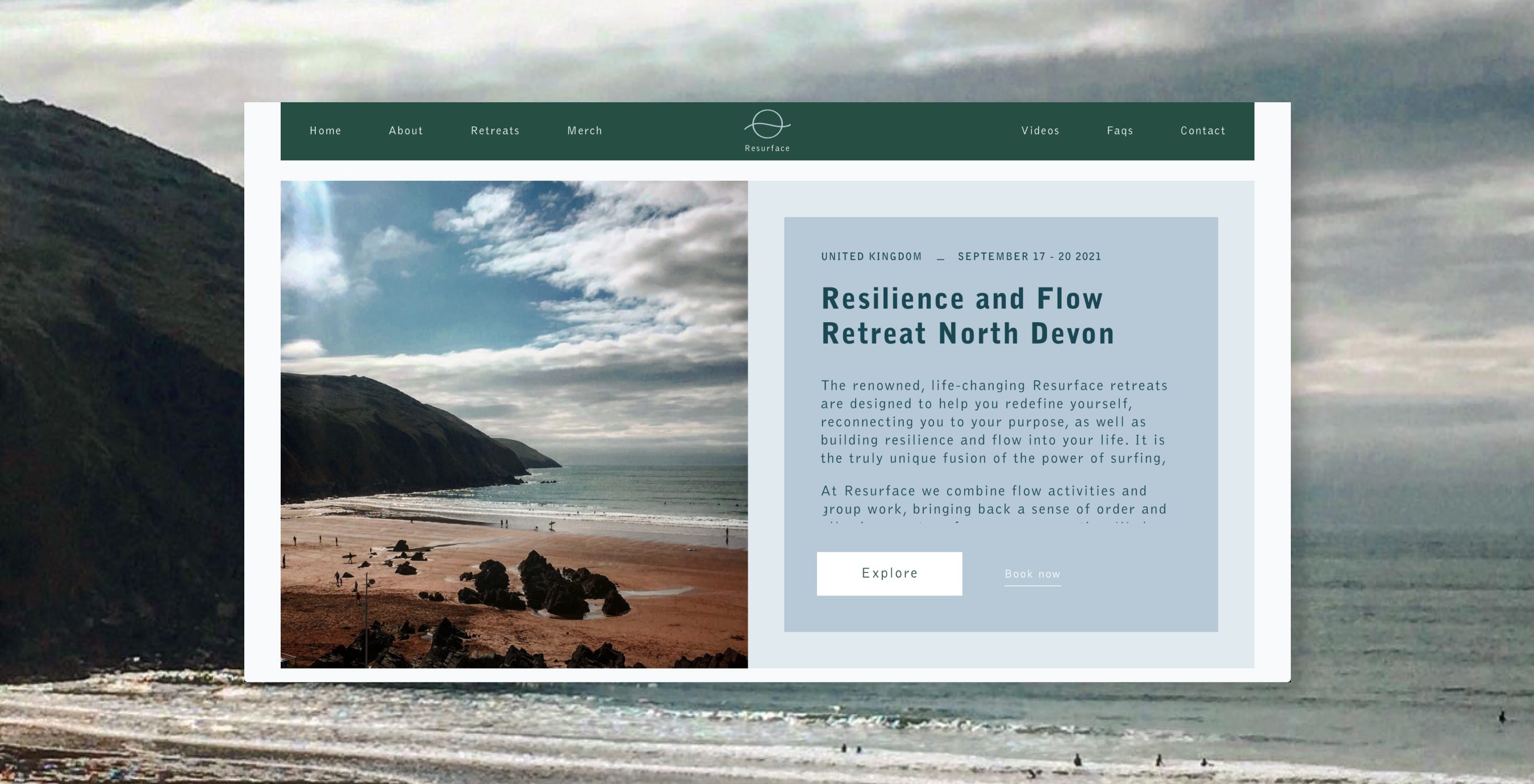
2. Work with experts on Easol
Partners know the Easol platform inside out, which means they can build great websites fast and help you meet tight schedules.
“I was so impressed with the speed and efficiency of the process to create our website through Easol Partners,” says James Pope from Global Bike Festival. “We were under pressure to hit a deadline for launch and the support we got was crucial to ensure we got the site live in time and looking great.”
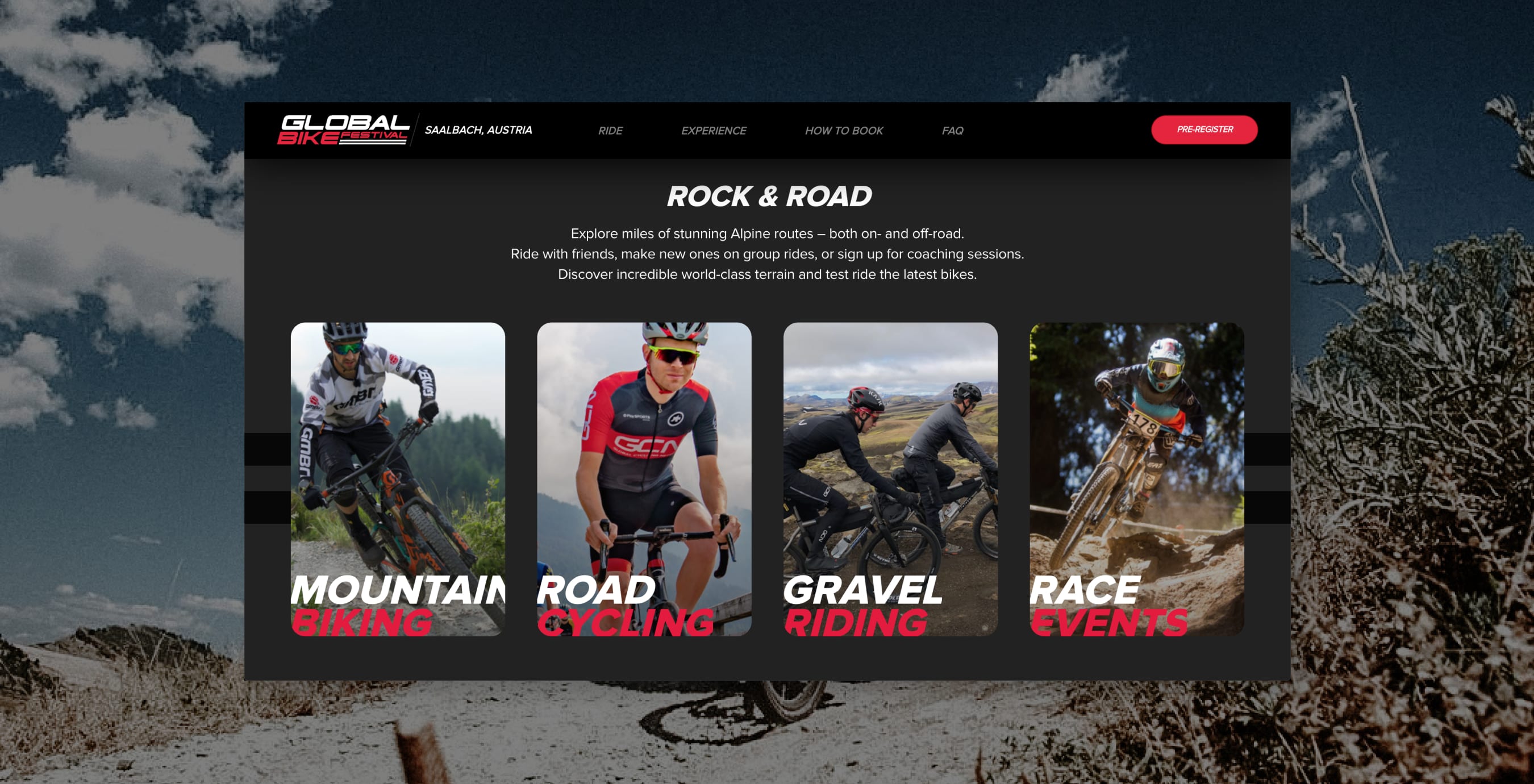
3. Work with people that understand your business
From festivals and yoga retreats to culinary events, Partners have worked with experience businesses of all types. They understand the nuances of your business and share your passion for it, too, leading to much better results for your website.
CEO of SurfYogaBeer, Mantas Zvinas, says, “The knowledge and enthusiasm for our field of business working with Easol Partner designers and developers made creating our new website an awesome experience from start to finish.”
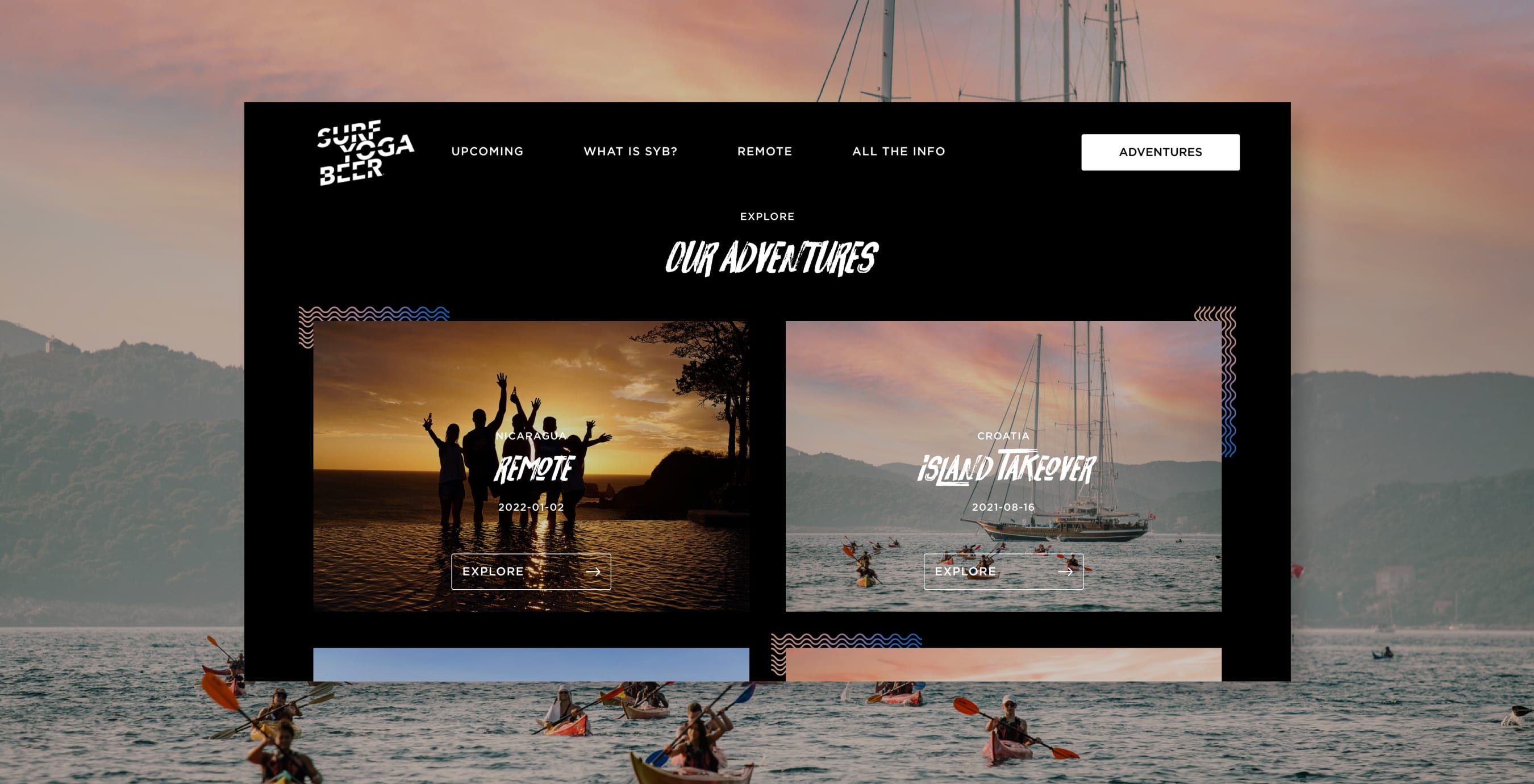
The process of building a website
Before you jump into the directory and talk to a Partner, it’s important to have a broad understanding of the website creation process from start to finish. This will help you identify what you need from a Partner and save time searching for the right one.
There are four main stages of the process:
1. Branding
Before you can design and build a new website, you need to have your branding sorted. Although every branding expert’s process will vary slightly, the common deliverables at this stage include:
Logo design – the visual brand mark for your business.
Messaging and positioning – the value proposition that will inspire customers to book an experience.
Brand voice – the way you talk to your customers.
Style guide – the rulebook defining all the visual elements of your brand, including typography and colour.
If you’re missing any of the above assets or considering refreshing them, working with a branding Partner should be your first step.

2. Website design
If you have a specific vision in mind for your website, the web design stage is a crucial step to help bring that to life. At this point, your Partner will use your brand assets to deliver:
Site architecture – mapping out the structure of your website to encourage customers to convert.
Wireframing – a basic blueprint of your website used at the start of the design process to help you think through the content layout and user experience.
Design prototype – a high-fidelity design mockup of how your website will look and function.
When starting a project with a web designer, it’s important to clarify whether you’re looking for a design based on a free Easol website theme or a custom theme. This will determine the framework for the designer and impact the final design of your website. Check out this guide on different ways to build a website on Easol to learn more.
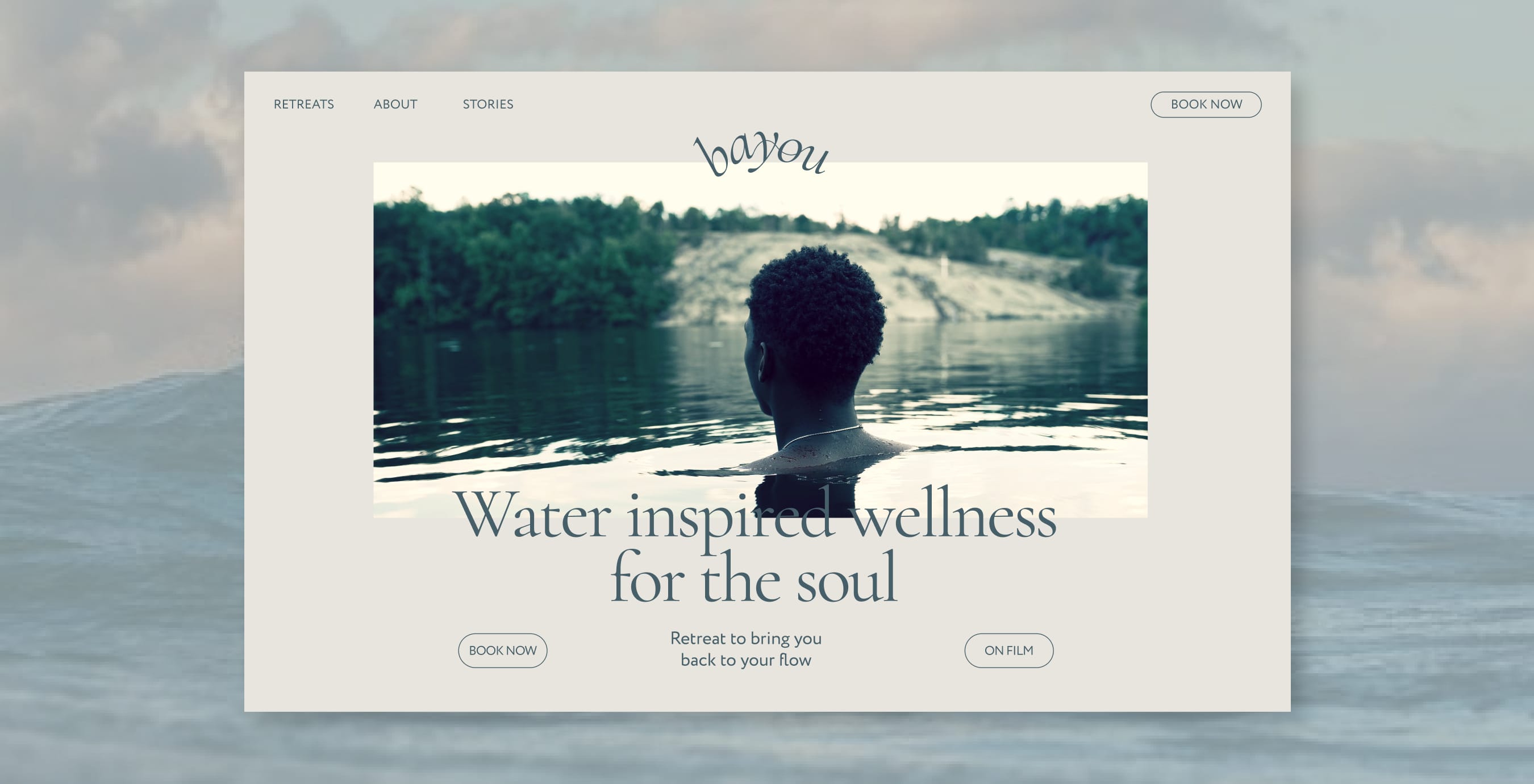
3. Website setup and build
Whether you’re using an Easol website theme or a custom theme, the next step is to get set up and build your website on Easol. A Partner at this stage can help you with:
Website configuration – implementing your website theme and configuring the pages and layouts for your experiences.
Theme customisation – adding your brand assets and styles to your website theme.
Content management – adding your content to your website, as well as image sourcing and copyediting.
Website migration – moving your website from another platform to Easol.
Domain name connection – configuring your domain name and launching your website.

4. Website development
If you’re creating a custom theme, an Easol Partner developer will be essential for bringing your design mockups to life. Or, if you’re working with a free Easol website theme, a Partner can help you add extra functionality and design elements.
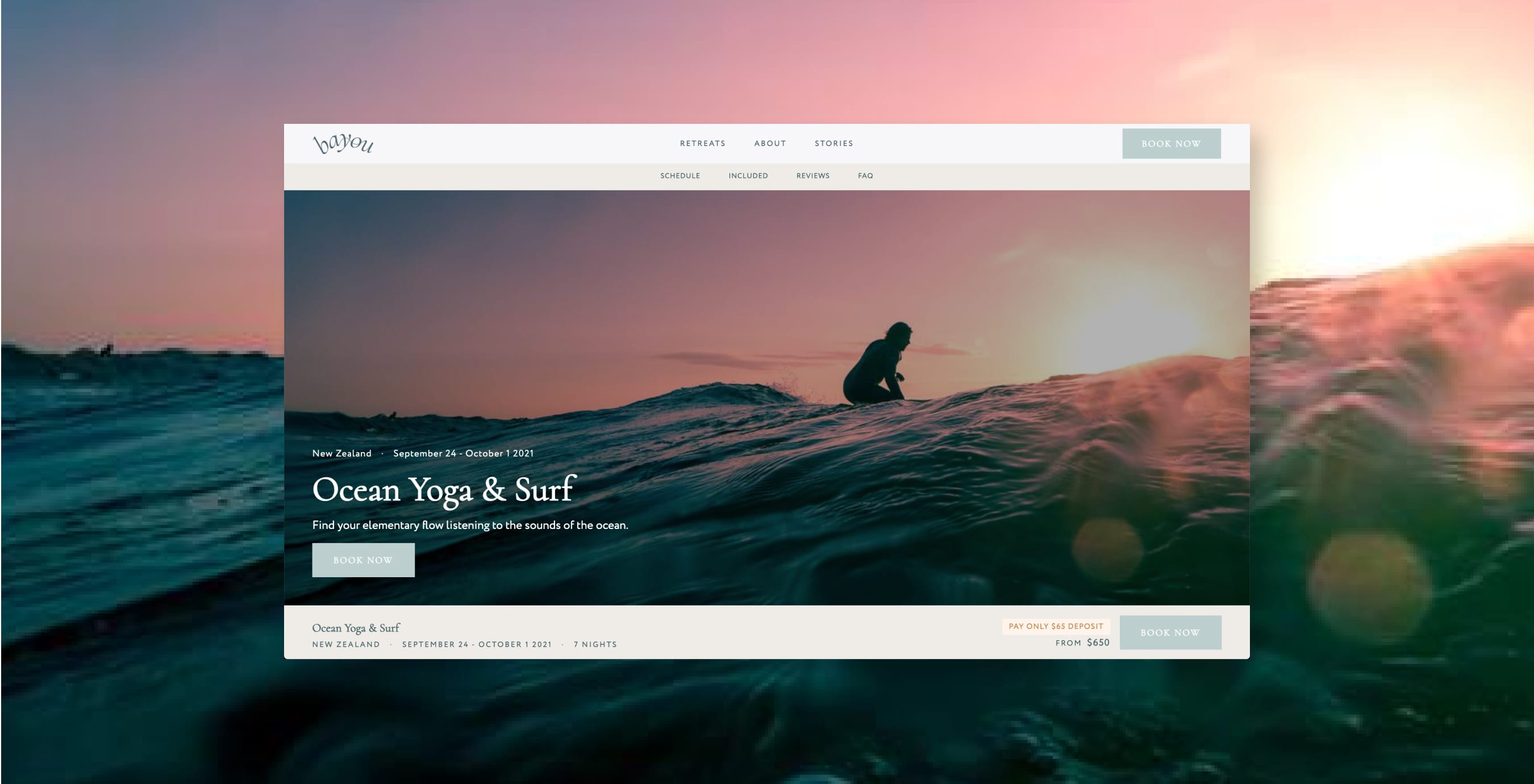
How to hire a Partner (and ensure a smooth project)
After looking at the website build process, you can start to assess what stages you’ll need support on. There may be some that you can handle inhouse, skip entirely or leave for the Partners.
Once you’ve decided on what kind of Partner you’re looking for, you can start the hiring process:
1. Create a brief
A good project brief makes every project much smoother for both you and your Partner. The brief will help communicate all of the key elements of your project as clearly as possible. No matter what kind of Partner you’re hiring for, your brief should include:
A description of your business
What kind of experiences are you selling? Who are you creating experiences for? A quick description will provide some context for Partners so that they can tailor their approach for your business from the get-go. Make sure to include a link to your website if you have one.
Project goals
Why are you hiring a Partner and what do you want them to achieve? Having clear project goals will help Partners understand what you’re after and meet your expectations. For example, “My branding is outdated, so I’m looking for a branding expert to give it a refresh.”
Project scope
Partners will have recommendations on what deliverables and requirements a project should have in order to achieve your goals. But if you have something specific in mind – a wishlist of items your Partner must deliver as part of the project – make sure to include it in your brief. For example, if you’re working with a developer, you might have certain functionality that you need on the website.
Timeline
Write down any deadlines or desired timelines you have for the project. Even if your schedule is flexible, make sure to include it in the brief as it’ll be one of the first things your Partner will ask.

2. Choose your Partner and submit a job
With a well-defined brief in hand, the next step is to begin looking at potential Partners for the project. Our directory is categorised by role (branding, web designer, developer, etc.), so you can quickly search for the right person.
Each approved Partner in our directory has a profile page with a short introduction, portfolio of past work, as well as testimonials from other experience creators. Consider aspects like industry experience, design aesthetic, and skills to help narrow your search.
When you think you’ve found a Partner for the project, click ‘Discuss a project’ on their profile and submit your brief directly through our website.

3. Approve quote and pay
Once you submit the job, the Partner will get back to you via email to discuss your project. Before approving a quote and getting started, you should hop on a call and clarify all aspects of the project. This includes:
Project scope
As mentioned before, your chosen Partner will provide suggestions on what tasks should be completed as part of the project. Make sure you understand what the Partner will and won’t be covering, as well as how many rounds of feedback you want to have.
Timeline and process
Ask your Partner what their approach and process is for completing the project, as well as how long each step will take and at what stage you’ll be providing feedback. Each Partner has their own way of working, so this will ensure you know what to expect.
Project preparation
Ask your Partner what they’ll need from you before they can get started. Designers and developers, for example, will usually require your brand assets and website content. Knowing this in advance will help prevent any project delays.
Rates
Your Partner should provide a quote with details on their rates – whether it’s on a per hour, per day or project basis.
Once you and your Partner have agreed on the project details and pricing, you can accept their quote and submit payment to Easol. We hold your payment and only release it to your Partner when you say so – either at project milestones or when the work is complete.
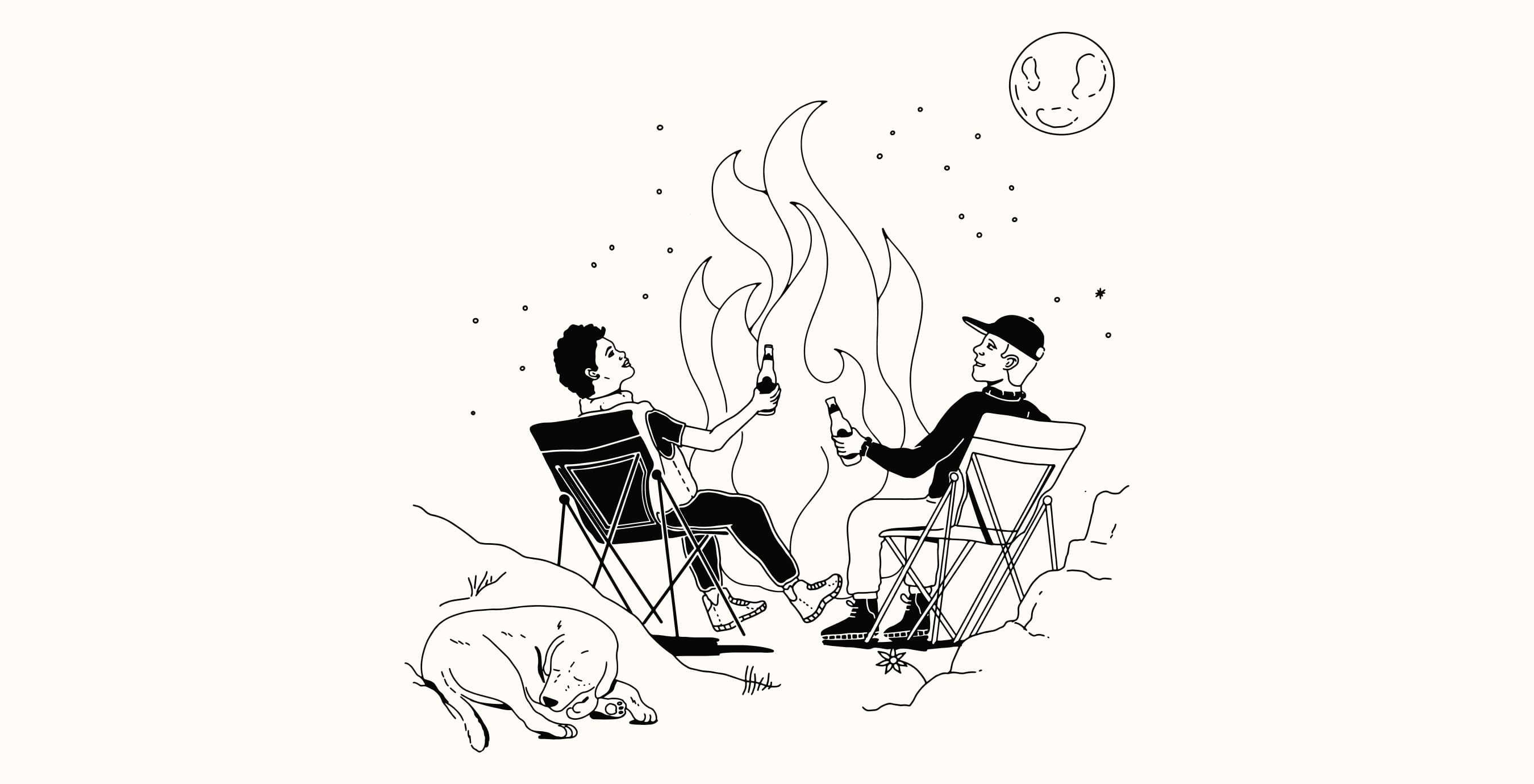
4. Get underway
And now for the fun part – send everything your Partner needs to get started and you’ll be on your way to building and launching your website!
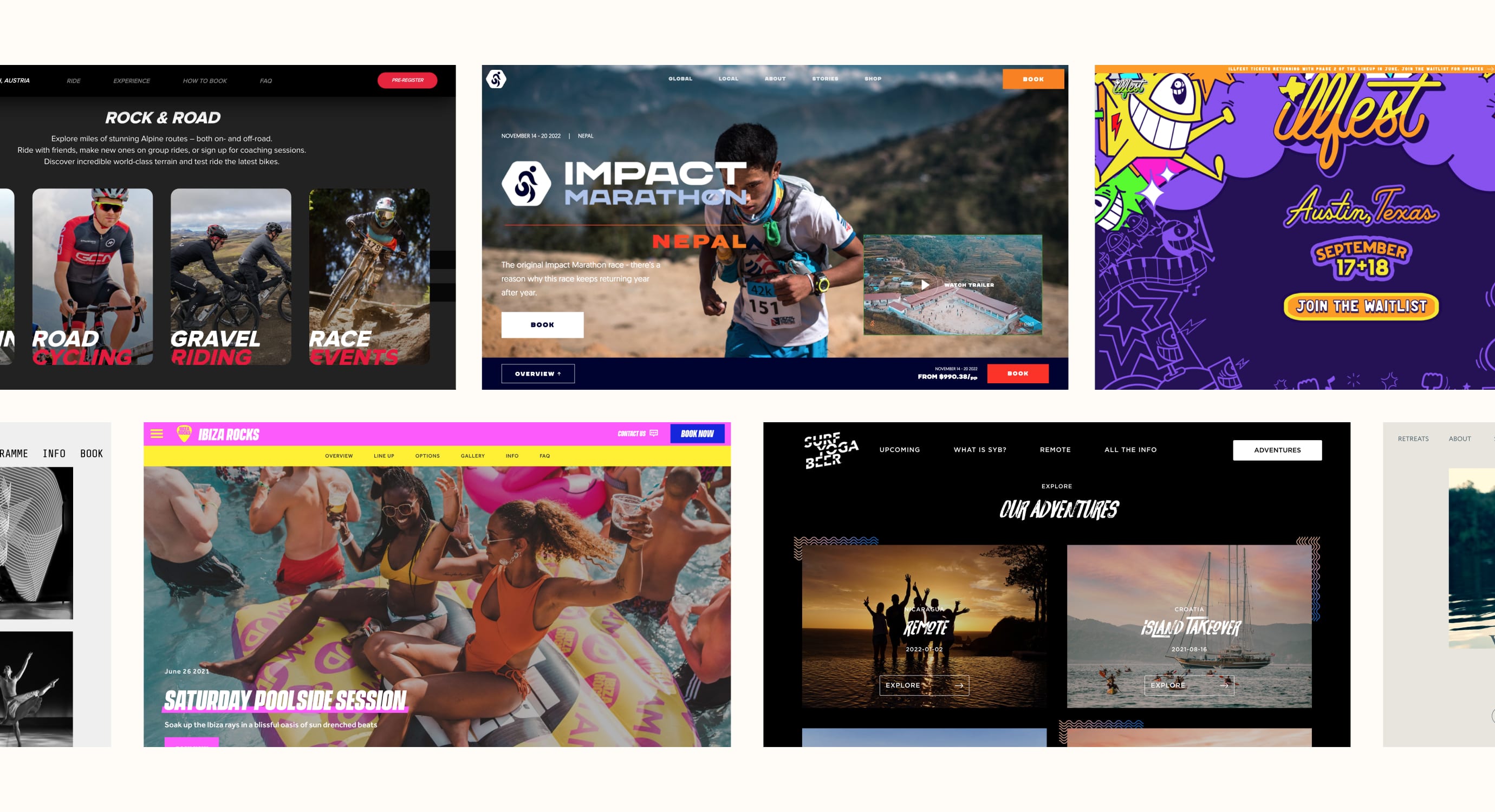
Hire an Easol Partner today
Ready to get started? Head over to the Easol Partner Directory and reach out directly to one of our Partners. They’ll help you build the brand and website of your dreams.
Nina Pang
Writer & Easol Pro Designer
Share Post



